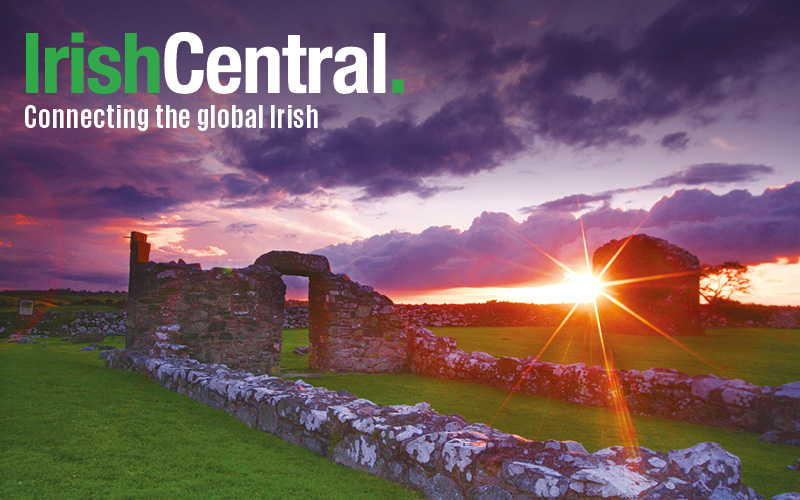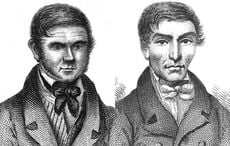Findmypast is working in partnership with IrishCentral to share fascinating insights into your Irish ancestors. Click here to get a special half price subscription, and discover your Irish roots today!
Pork has been a staple meat in Ireland for thousands of years, with the wild boar playing an important role in Celtic iconography. Greyhound pigs, pink and black with long thin snouts, roamed the woodland feasting on fallen nuts, and formed the basis for Irish pig farming right up until the 20th century.
Descriptions of life in early modern Ireland were invariably populated with pigs, and as the Industrial Revolution gathered apace, the welfare of the small farmer and the number of pigs in Ireland were closely allied.
By the middle of the 19th century, Ireland was a key supplier of pork meat to the British Isles, and an expanding urban population inspired the implementation of new technologies to create new pig breeds. One of the most successful examples was the development of the Large White Ulster pig, which became the principal pig breed in that province in the early 20th century.
Potatoes, bacon and cabbage remains one of the national dishes of Ireland. Why not try out this classic meal for a taste of life on the Emerald Isle?
Serves a hungry dozen
Ingredients
4lb Irish boiling bacon
1 Savoy cabbage
4 tablespoons butter
Fresh black pepper
Boiled potatoes
Method
- Place the bacon in a large pot, cover with water, and bring to the boil. If a white froth forms on the surface (this will occur if the bacon is very salty), drain the water, and cover and boil again.
- Repeat this until the water remains clear, and then simmer for about an hour (or until the bacon is nearly done).
- Shred the cabbage thinly. Add it to the bacon pot, and cook both together for a further 20 minutes.
- Drain both cabbage and bacon, and heap onto a large serving plate. Cover with butter and season with pepper.
- Eat with parsley sauce and potatoes.
Enjoy!
Fancy giving your next meal a traditional Irish twist? You’ll find more classic recipes amongst the millions of historical Irish newspaper articles on Findmypast.
For more stories on tracing your Irish heritage from Findmypast click here.




Comments